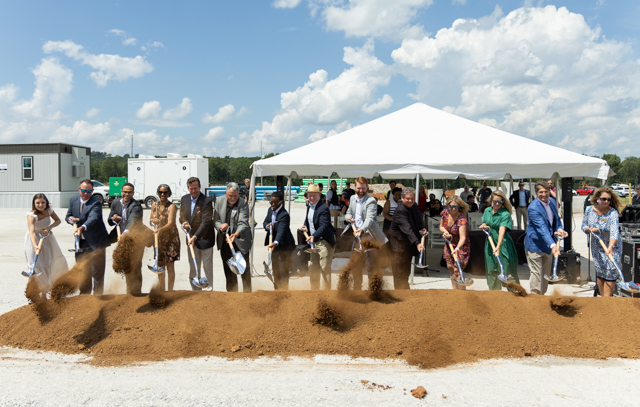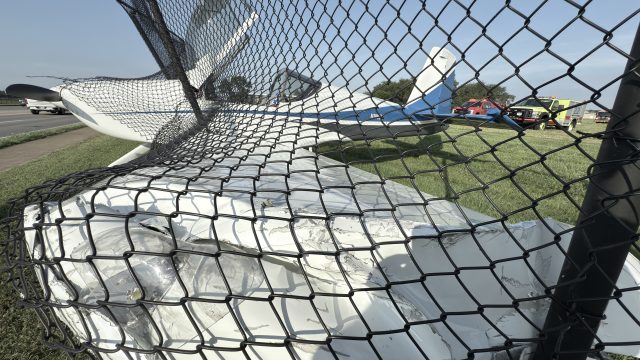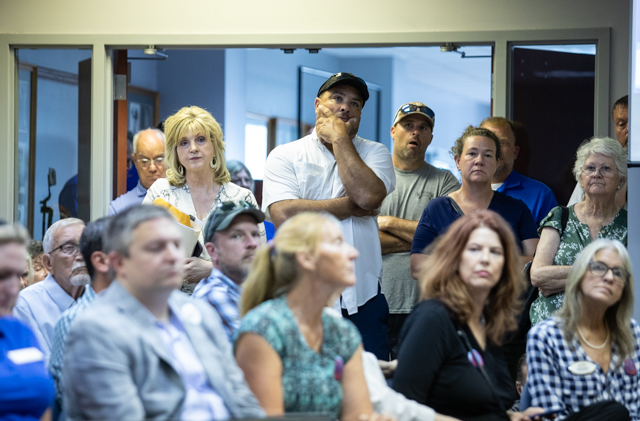Neurodiversity Awareness Fair to take place Tuesday
Published 4:00 pm Monday, April 14, 2025
DAVID MAMARIL HOROWITZ
david.horowitz@bgdailynews.com
On Tuesday, community members can learn about what neurodivergence is like from people who experience it – at the once-a-year, celebratory Neurodiversity Awareness Fair, to be held at Western Kentucky University’s Centennial Mall.
The event, to take place 10:45 a.m. to 12:45 p.m., will feature educational booths and interactive exhibits led by students, faculty and staff with substantial knowledge surrounding neurodivergence, said Jimmie Martin, project director for WKU TRIO Student Support Services, Disabilities (SSS-D), one of the main organizers alongside the WKU Faculty/Staff Neodiversity Alliance and Student Accessibility Ambassadors. Neurodivergence is an umbrella term encompassing a range of neurological differences, such as autism, ADHD, bipolar disorder and obsessive-compulsive disorder.
Organizers plan to hold an activity at each booth; the tables may, for example, have different sensory challenges people can experience, Martin said. The idea is to follow participation in an activity with an explanation.
“The person manning the table would say, ‘Okay, well, this is a typical experience for a person who experiences (a type of) neurodiversity, and that explains what it is and how students can be more accommodating to their peers,’ ” Martin said.
There will also be connections to resources, services and support systems for neurodivergent individuals.
Trending
Throughout, they’ll aim to avoid too many mini-lectures as well as stereotyping, Martin added.
The importance of avoiding stereotyping, Martin added, is in part because of a discomfort and embarrassment that neurodivergent people at times can feel talking about their condition with their peers, particularly given that it often won’t be immediately apparent or visible. It’s why Martin is personally open about his dyslexia – and why he and his co-organizers are particularly open to discussing their neurodivergence as well.
“We do everything that we can to help promote (neurodiversity),” he said.
SSS-D itself is planning a sensory-friendly tent – a quiet, calm space for students who may get overstimulated, Martin said. The organization also planning a booth where they’ll talk about what it’s like to have dyslexia, and how it can impact a student’s experience, especially inside the classroom.
The fair should also be designed to help show neurodiverse individuals’ strengths, as well, he said – again, as opposed to focusing on stereotypes. For example, dyslexia heightens his ability to examine things in a more three-dimensional perspective – and more easily solve puzzles and break down complex situations.
The event will also be a giant community celebration, Martin added.
“I think, in general, we all need to celebrate our different cultures in a larger community sense,” Martin said. “I think everyone in the neurodiversity community is just as valuable as our more neurotypical community members, and I think this is just an opportunity for us to come together on campus here and celebrate together, but also to give a little bit of education to our peers, of how to continue to work with us to make WKU and Bowling Green overall an even more inclusive place than it already is.”






